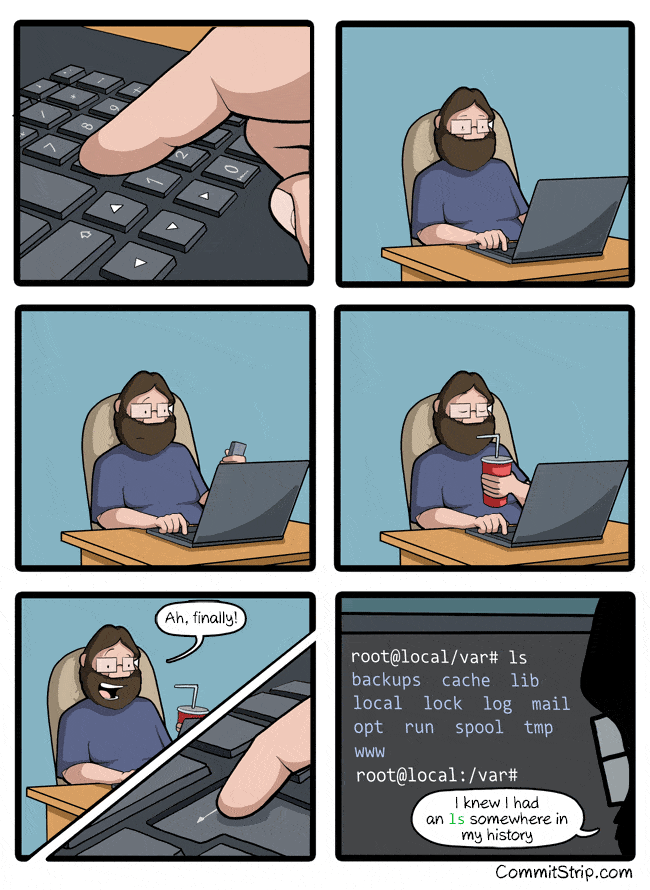Why 99% of Aspiring Coders Fail?

In the era of technology, coding has emerged as an essential skill that can help individuals stay ahead of the bend in the competitive job market. However, despite its increasing significance, a staggering 99% of individuals who attempt to learn coding fail to master it. This alarming statistic highlights the challenges faced by aspiring coders in acquiring this skill.
So, what makes learning to code such a daunting task? The answer lies in the complexity of coding languages and the ever-evolving nature of technology.
Table of contents
1. Unrealistic Expectations

One of the main reasons why people fail to learn to code is because of unrealistic expectations about the difficulty of learning to code and the timeline for mastering it. Coding is not a painless skill to master, and it requires patience, persistence, and practice. Many people expect to become proficient in coding in a few weeks or months, which is simply not realistic. Learning to code is a long-term commitment, and it takes time to master.
To overcome this challenge, it’s essential to set realistic goals and have a clear understanding of the time and effort required to achieve them. Start small and focus on one programming language or skill at a time. Take the time to understand the basics and build a solid foundation before moving on to more advanced concepts. Additionally, it’s crucial to have a growth mindset and be open to learning from mistakes.
2. Lack of Motivation
Another reason why people fail to learn to code is the lack of motivation. Coding requires a high level of intrinsic motivation to succeed, and without a clear purpose or goal, it can be challenging to stay motivated. Many people start learning to code without a clear idea of why they want to learn or what they want to achieve with their coding skills.
To overcome this challenge, it’s essential to have a clear purpose or goal for learning to code. Do you want to build a website, develop a mobile app, or create a game? Having a clear goal will give you a sense of purpose and direction, and it will make it easier to stay motivated throughout the learning process.
3. Poor Learning Environment
Creating a conducive learning environment is essential for success in any learning endeavor, and learning to code is no exception. Many people fail to learn to code because they don’t have a learning environment that facilitates learning. Distractions, interruptions, and lack of focus can all hamper your ability to learn to code effectively.
To overcome this challenge, it’s important to create a learning atmosphere that helps to learn. Find a faint and cozy place where you can focus without distractions. Eliminate any sources of distraction, such as social media or email notifications. Additionally, take breaks regularly and avoid overloading yourself with too much information at once.
4. Ineffective Learning Methods
Learning to code requires a combination of theory and practice, and many people fail to learn to code because they rely on ineffective learning methods. Some people rely too heavily on tutorials or video courses without adequate practice and repetition of coding concepts. Others don’t practice coding regularly, which leads to a lack of progress and frustration.
To overcome this challenge, it’s essential to have an effective learning method that combines theory and practice. Start by learning the basics and then practice coding regularly to reinforce your knowledge. Additionally, try to build practical projects that apply the concepts you’ve learned in real-world scenarios.
5. Fear of Failure
Finally, fear of failure is a common reason why people fail to learn to code. Coding can be intimidating, and the fear of making mistakes or failing can be paralyzing. However, failure is an important part of the learning process, and it’s important to embrace it as a natural part of the journey.
To overcome this challenge, it’s essential to adopt a growth mindset and view failure as an opportunity to learn and improve. Focus on the process rather than the outcome, and celebrate small victories along the way. Use failure as a chance to reflect on what you can do better and learn from your mistakes.
